The realm of sports and athletics has witnessed a significant shift in training focus, with an increased emphasis on enhancing ‘functional strength for athletes’. This term refers to the development of strength that is transferable to everyday activities or specific sports, rather than simply building muscle mass for aesthetic purposes. Functional strength training can significantly improve an athlete’s performance, reduce the risk of injury and contribute to overall health and wellness.
Functional strength for athletes is not about lifting the heaviest weights or running the longest distance. Instead, it is about training the body to handle real-life movements in the most efficient way possible. This involves focusing on compound movements that use multiple muscle groups and joints, rather than isolating specific muscles.
A 2022 study published in the Journal of Sports Science and Medicine emphasized the importance of functional strength training for athletes. It indicated that athletes who incorporated functional strength exercises into their regular training routine experienced fewer injuries and performed better in their respective sports.
So, how can athletes enhance their functional strength? The first step is to identify the movements that are most relevant to their sport or daily life. A runner, for example, might focus on exercises that strengthen the legs and core. A boxer, on the other hand, would benefit from workouts that build shoulder and arm strength.
Next, it’s important to incorporate compound movements into your training. These are exercises that engage multiple muscle groups and joints at once. Examples include squats, lunges, push-ups, and pull-ups. These exercises mimic real-world movements, helping to improve balance, coordination, and overall strength.
Functional strength training should also involve a mix of stability and mobility exercises. Stability exercises help to strengthen the core and improve balance, while mobility exercises increase the range of motion in joints and muscles. These elements are crucial for athletes, as they enhance performance and decrease the risk of injury.
Finally, don’t neglect the importance of recovery. A 2024 study from the Journal of Nutritional Health found that adequate rest and nutrition are just as critical for functional strength as the workouts themselves. This includes getting plenty of sleep, eating a balanced diet, and taking time to stretch and relax the muscles after a workout.
In conclusion, functional strength for athletes is about more than just lifting weights or running laps. It’s about training the body to perform at its best in real-world situations. By focusing on functional strength training, athletes can improve their performance, reduce the risk of injury, and enhance their overall health and wellness.


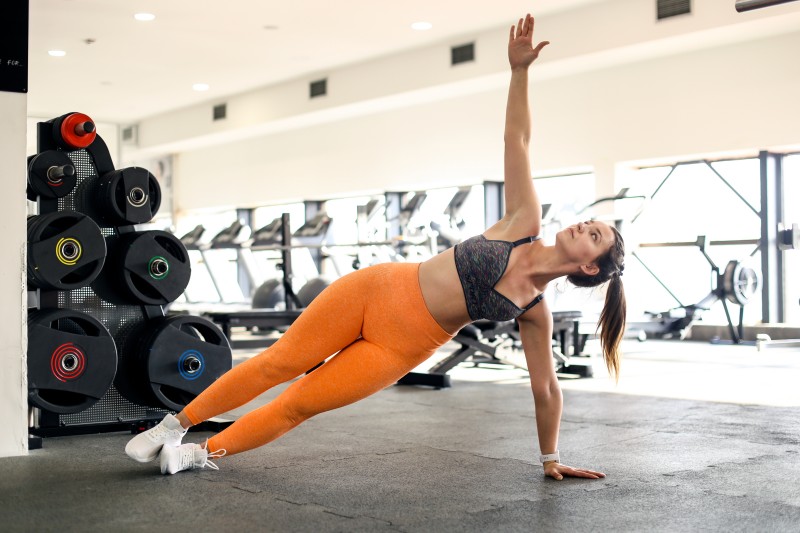
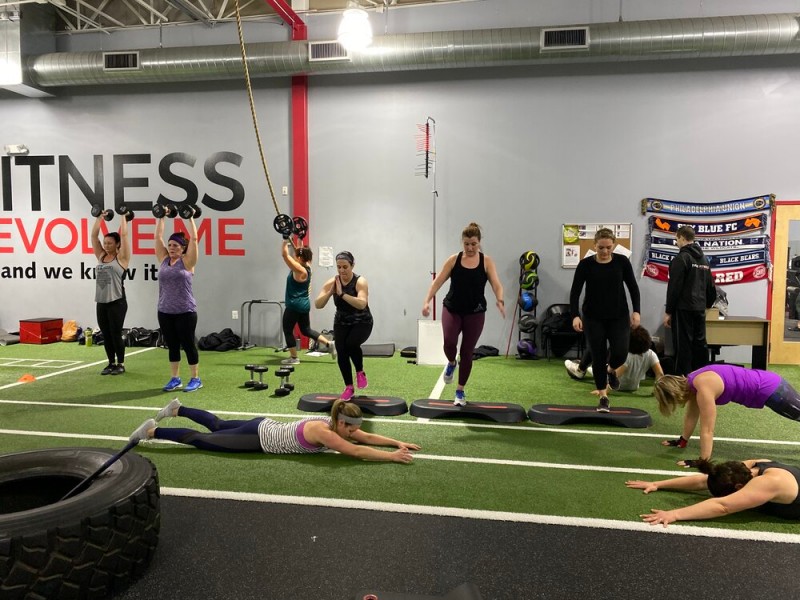

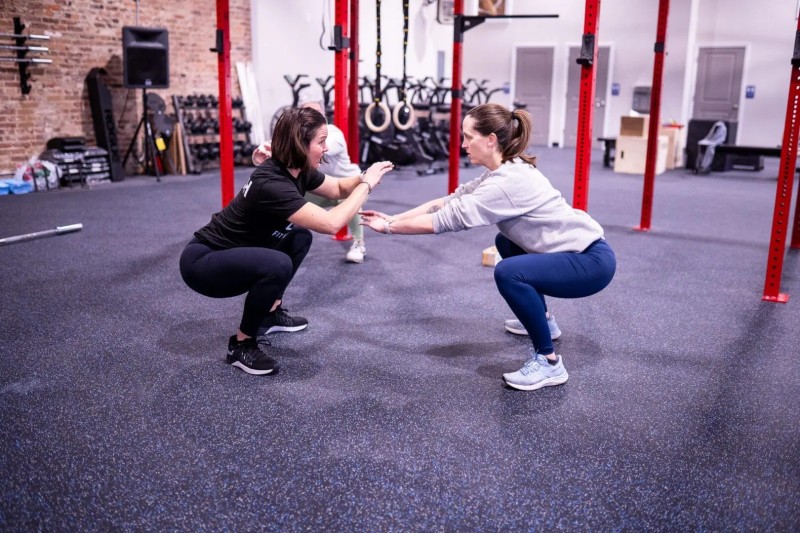



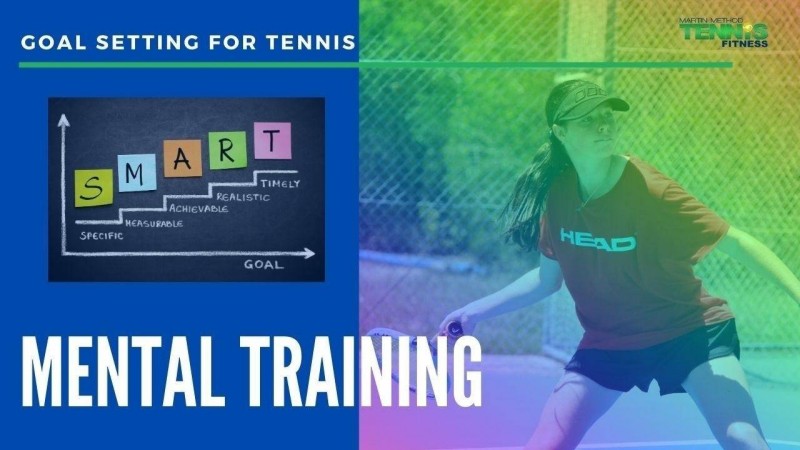
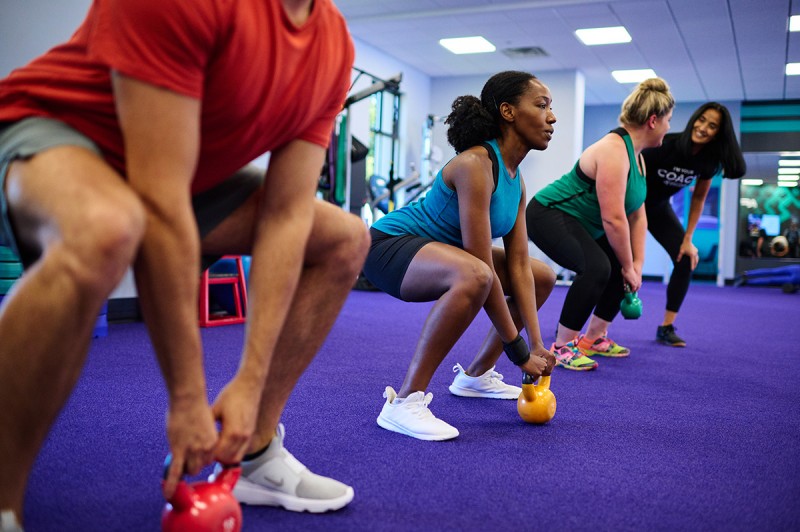

 : eval()'d code(1) : eval()'d code(1) : eval()'d code(1) : eval()'d code</b> on line <b>2</b><br />
https://mindbodyfuell.com/wp-content/themes/baobao/default.jpg)
